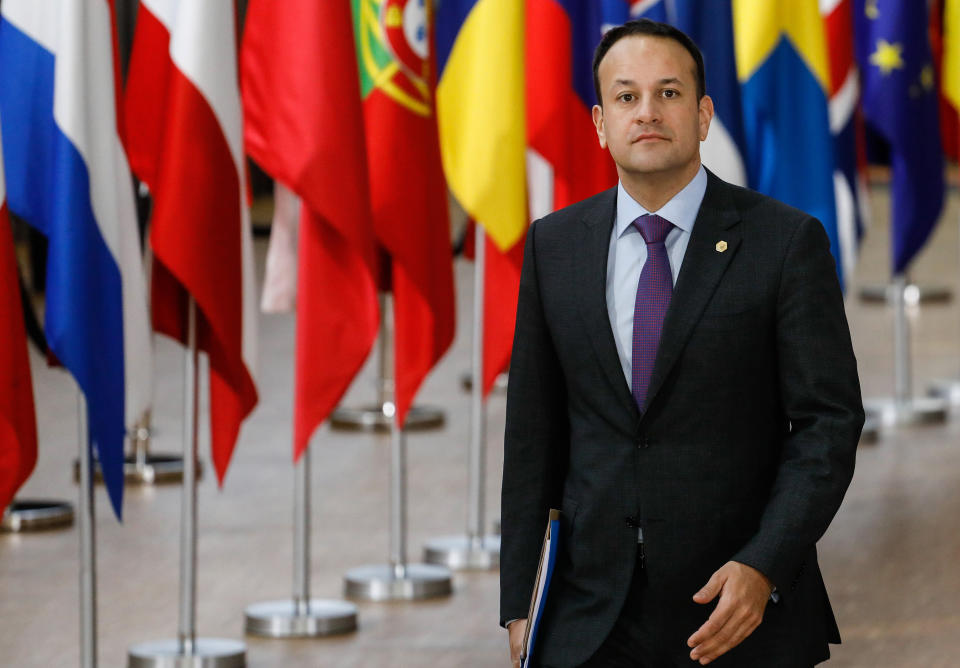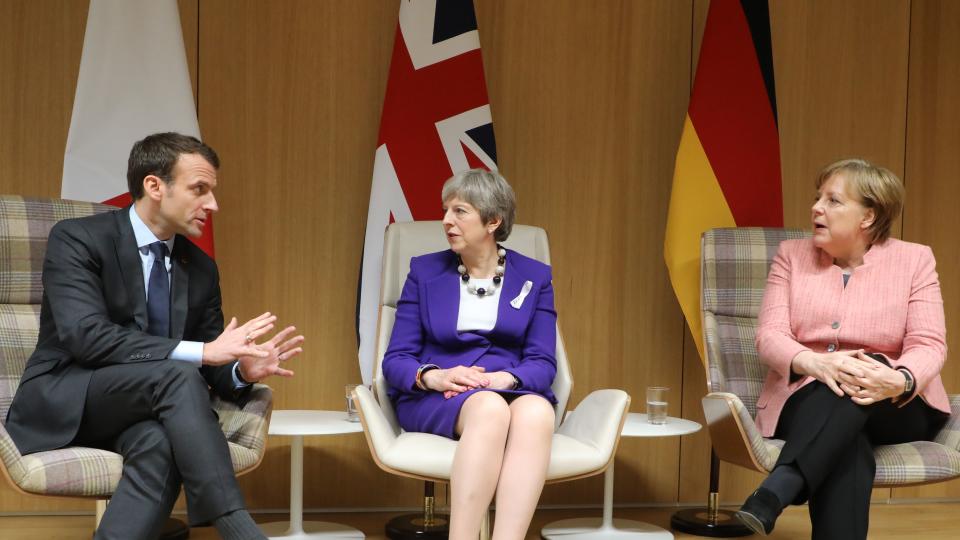European countries expected to follow UK in expelling Russian diplomats

Russian diplomats could be expelled from more European countries as soon as Monday in a demonstration of solidarity with Britain over the Salisbury nerve agent attack.
EU leaders are ready to take action after agreeing that it is “highly likely” Russia was responsible for the attempted murder of former spy Sergei Skripal and his daughter Yulia.
European Council President Donald Tusk said: “As a result of our discussion yesterday evening I expect that a number of member states will take additional measures towards Russia on Monday.”
Prime Minister Theresa May has called on European governments to follow Britain’s lead in expelling Russian diplomats.
Asked how many countries he expected to do so, Mr Tusk said: “More than one but I don’t think it will be the whole group.”

The leaders of some EU member states spoke openly about their intentions.
Czech Prime Minister Andrej Babis said it was “probable” his government would expel Russian diplomats.
Lithuanian President Dalia Grybauskaite said: “We fully support the United Kingdom in this situation and we support the measures that the United Kingdom is applying. All of us are considering such measures.”
Irish Taoiseach Leo Varadkar said he wouldn’t “randomly expel” genuine diplomats but would carry out a security assessment as to whether there are Russian spies posing as diplomats – as was the case in the UK.
There are also reports that France, Poland and Estonia are considering expelling Russian diplomats.
It comes after Theresa May scored a major diplomatic victory by securing European support for Britain’s stance on Russian responsibility for the Salisbury attack.

The Prime Minister shared British intelligence about the chemical weapons attack with European heads of state at the European Council summit in Brussels last night.
And she convinced them to fall behind Britain in pointing the finger as Moscow.
Croatian Prime Minister Andrej Plenkovic said: “There wasn’t a single head of state who questioned the authenticity of the analysis of the UK services.”
The European Council issued a statement shortly after midnight saying it “agrees with the United Kingdom government’s assessment that it is highly likely that the Russian Federation is responsible and that there is no plausible alternative explanation.”
That was a significant change from the draft statement which said only that the EU “takes extremely seriously” Britain’s assessment that Russia was responsible.
Speaking this morning, Mrs May said: “The threat from Russia is one that knows no borders and it is clear that Russia is challenging the values we share as Europeans and it is right that we are standing together in defence of those values.
“What is crucial is that there was recognition around the table last night about the threat that Russia poses and as as I say they recognised and agreed the UK Government’s assessment that it is highly likely that Russia is responsible for the attempted murder on the streets of Salisbury and that there is no plausible alternative explanation.”

Yahoo UK reported yesterday how the EU appeared split on whether there was sufficient evidence to apportion blame, so the unanimous support for Britain’s position came as a surprise.
Greek Prime Minister Alexis Tsipras said yesterday that the EU needed to investigate the evidence, echoing earlier calls from Italy and Spain.
But Irish Taoiseach Leo Varadkar revealed this morning that he and French President Emmanuel Macron pushed for the EU to take a firmer stance.
“It was at my proposal and that of president Macron that we actually change the conclusion to say that we agreed with the UK position rather than say that we were concerned about it,” he told reporters.
No new economic sanctions against Russia were agreed but they remain on the table and may be discussed at the next EU leaders’ summit in June.
The European Council’s statement added: “Member States will coordinate on the consequences to be drawn in the light of the answers provided by the Russian authorities.
“The European Union will remain closely focused on this issue and its implications.”
Richard Corbett, Labour’s leader in the European Parliament, said the support showed over Russia by the EU showed what Britain will lose after Brexit.
“This show of solidarity will be harder to achieve if the UK is outside the room, its voice unheard, its interests unrepresented,” he said.

 Yahoo Movies
Yahoo Movies 
